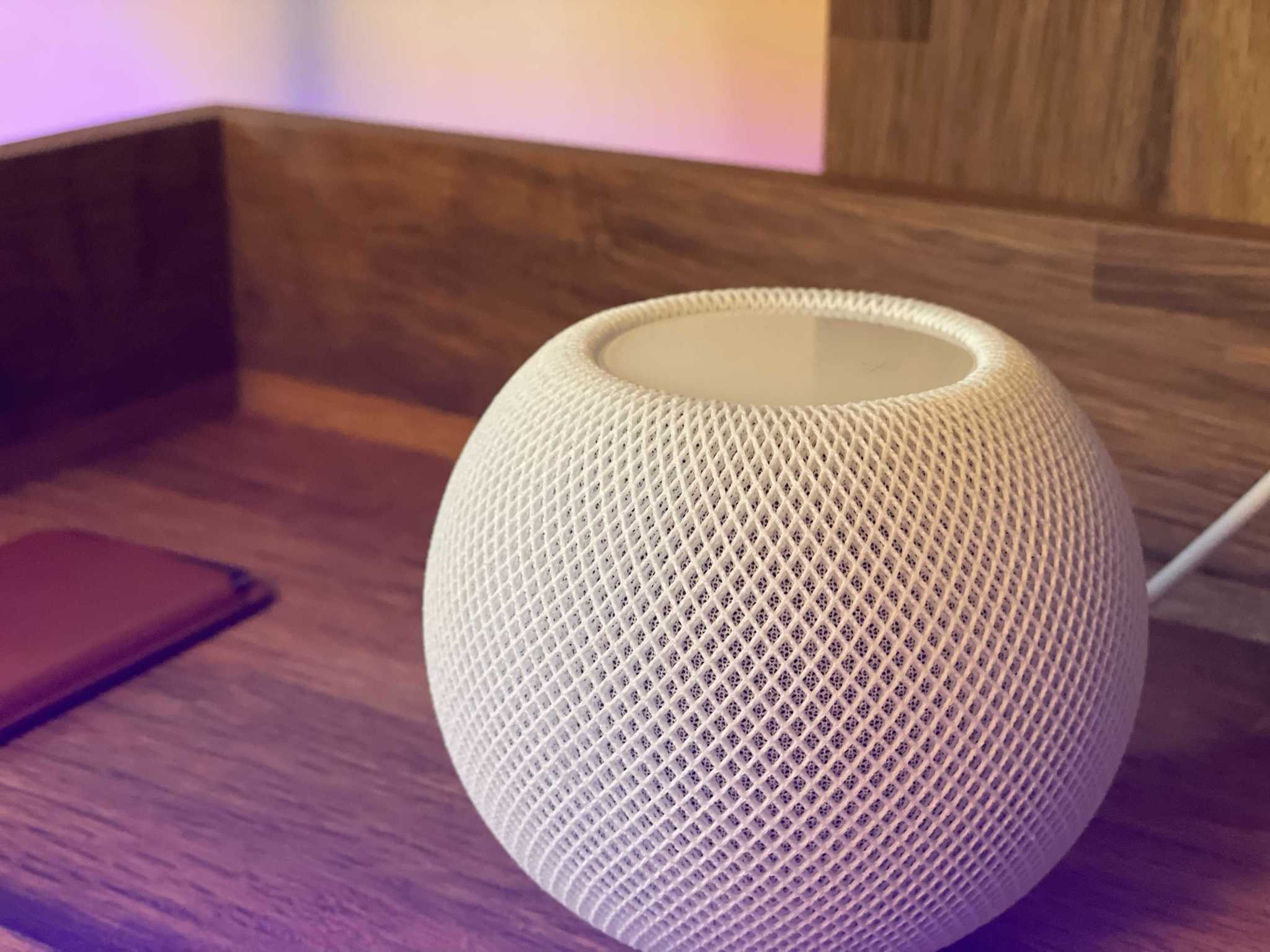"The Preliminary Report confirms the rapid growth of these markets, but also identifies potential concerns put forward by the respondents to the sector inquiry."
What you need to know
- The EU has today published the initial findings of its inquiry into the 'internet of things' sector.
- It says it has identified 'potential concerns' regarding the market, which pertains to devices like smartwatches and smart home products.
- They include 'exclusivity and tying practices', data access, lack of interoperability, and more.
The EU has today published the initial results of its inquiry into the 'internet of things' sector, saying it has identified potential concerns in the market, naming Apple amongst other companies.
The IoT inquiry was launched in July 2020 and took information from over 200 companies in markets including Europe, Asia, and the U.S. The European Commission's competition chief Margrethe Vestager said that when the bloc undertook its inquiry it was concerned "that there might be a risk of gatekeepers emerging in this sector" with the power to harm contribution and business development. Vestager states that the initial results of the inquiry confirm "that many in the sector share our concerns."
The findings identify the IoT sector as "products and services used by consumers that are connected to a network and can be controlled at a distance", such as Apple's HomePod and HomePod mini, but also notes that IoT includes digital voice assistants, wearables, and other smart home devices like fridges, washing machines, smart TVs, smart speakers, and lighting systems that include some of the best HomeKit accessories currently available.
From the press release:
The majority of respondents to the sector inquiry indicate the cost of technology investment and the competitive situation as the main barriers to entry or expansion in the sector. According to the replies, technology investment costs are particularly high in the market for voice assistants. With respect to the competitive situation, a large number of respondents has reported difficulties in competing with vertically integrated companies that have built their own ecosystems within and beyond the consumer IoT sector (e.g. Google, Amazon or Apple). As these players provide the most common smart and mobile device operating systems as well as the leading voice assistants, they determine the processes for integrating smart devices and services in a consumer IoT system.
The report notes the main areas of potential concerns are 1. Exclusivity and tying practices 2. The position of voice assistants and smart devices operating systems as intermediaries between users and smart devices 3. The "extensive access to data" enjoyed by smart device operating systems and voice assistants. 4. The lack of interoperability in the sector.
On that last point, the Commission states "a few providers of voice assistants and operating systems are said to unilaterally control interoperability and integration processes and to be capable of limiting functionalities of third-party smart devices and consumer IoT services, compared to their own."
The inquiry will now move to a public consultation that will take place over 12 weeks, where "all interested parties" will be able to comment on the findings and submit information. A final report is expected in the first half of 2022.
With Apple named alongside Google and Amazon, it seems that the smart home and IoT ecosystems of all three could be the next area of scrutiny within the EU, which has already delved into issues surrounding services like Apple Pay, as well as Apple's treatment of music streaming on its platforms.
Apple was not immediately available for comment.

0 Commentaires